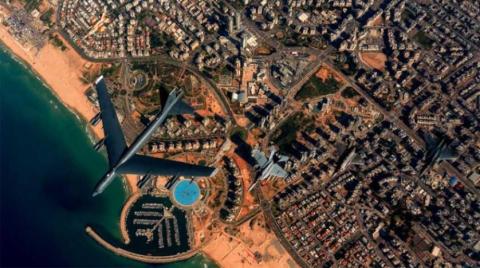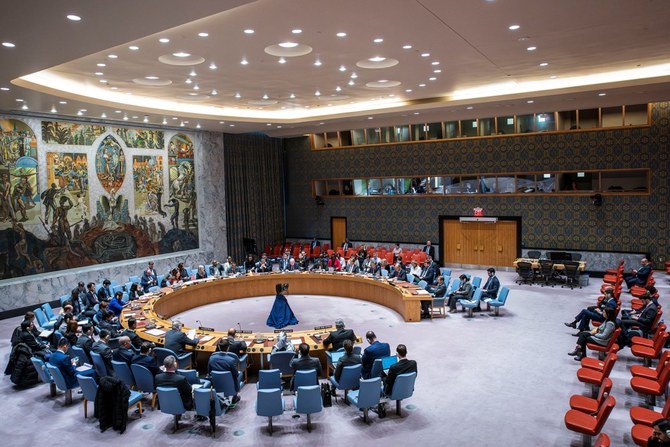
US government is ‘appalled and horrified’ by the unrelenting Assad assault on Idlib
PARIS: The US and Europe are stepping up their sanctions against the Syrian regime because of an assault on Idlib, according to Ambassador James F. Jeffrey, US Special Representative for Syria Engagement and Special Envoy for the Global Coalition to Defeat ISIL.
He said in a news briefing on Thursday that the US government was “appalled and horrified by the unrelenting Assad regime assault on Idlib” supported by Russia and Iran. It was, he added, a violation of UN Resolution 2254 from 2015, as well as several more recent cease-fires that Russia had agreed to but was now ignoring.
“It indicates that the regime does not want a compromise solution but rather a military solution,” Jeffrey told the media.
The US was not planning any withdrawal of US troops from Syria in the near future, he insisted, because its mission was to defeat Daesh and that mission would take some time. The major part of US efforts was to keep Daesh away from the oil fields that had funded their terror for years, he told the briefing.
He was asked if he had detected a change in the activities of Iranian-backed militias as a result of sanctions and replied: “US sanctions have hurt them, every dollar they do not have is a limitation to the mayhem that they can create mainly among Syrian people. In terms of these Iranian-backed militias and Iranian Quds Force they remain very dangerous in Iraq, Syria and Lebanon. They burrow into the fabric of society and politics.”
The militias infiltrated organizations and “blew up the monopoly of force” held by governments, he said.
“They try to become a state within a state that takes order from Supreme Leader Ali Khamenei. They are still dangerous but for the moment we took out their leader Qassem Soleimani. I cannot stress how vital he was for their evil campaign to expand Iranian influence throughout the region. They have been not quite headless but directionless to a degree that we have not seen for a long time. That will sooner or later change because they have a new leader of the Quds Force and will eventually reestablish their communication with their groups. But for the moment they have been knocked back on their heels and we are watching them closely and we are ready to act again if they threaten us.”
He said that EU and Arab League countries met in London to talk about next steps for Syria, and that the coalition’s political chiefs met in Copenhagen to discuss how to defeat Daesh and how to react to the call by the Iraqi parliament for a US troop withdrawal.
“We are seeing Daesh come back as an insurgency as a terrorist operation with some 14,000 to 18,000 terrorists between Syria and Iraq and Daesh considers both countries as a single front,” said Jeffrey.
“We are working with both the Iraqi government and the local authorities in Syria to combat this scourge. We had a setback temporarily in Syria last October with the Turkish incursion but we are back doing full operations with our local partner, the Syrian Democratic Forces.”
He added that in Iraq, with the assault on coalition facilities and calls for a US troop withdrawal, there was still a need for a coalition “including its lead country the US.”
The US was satisfied with the EU’s tough sanctions against President Bashar Assad’s regime, he said, and that there were discussions about improving the flow of humanitarian assistance. “We are being blocked by Russia in the UN from using certain crossings, but we are going to find ways around that. We are also talking with the EU about potential stabilization in the northeast where the region is basically at peace and where our allies are helping us fight against Daesh.”












